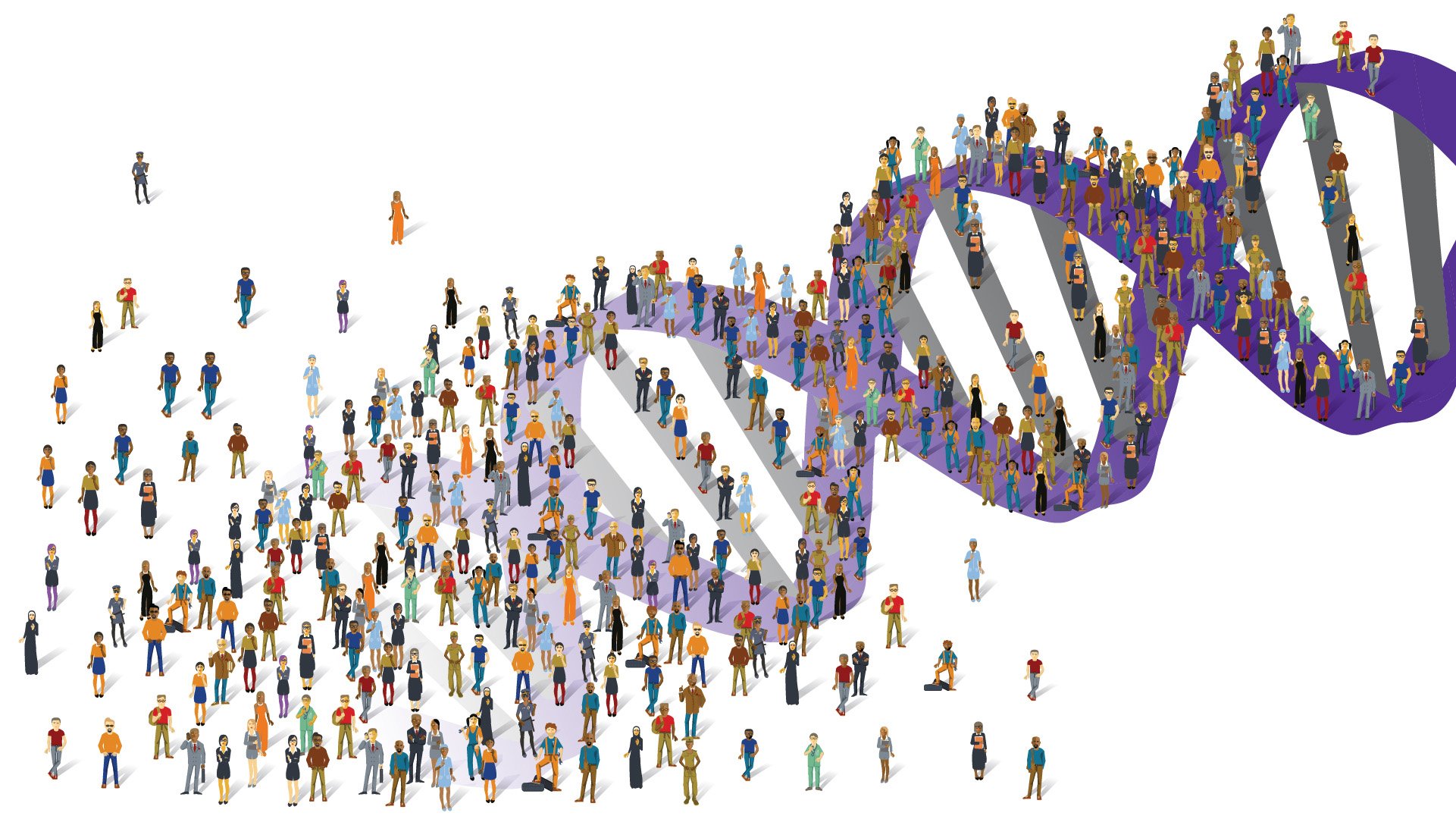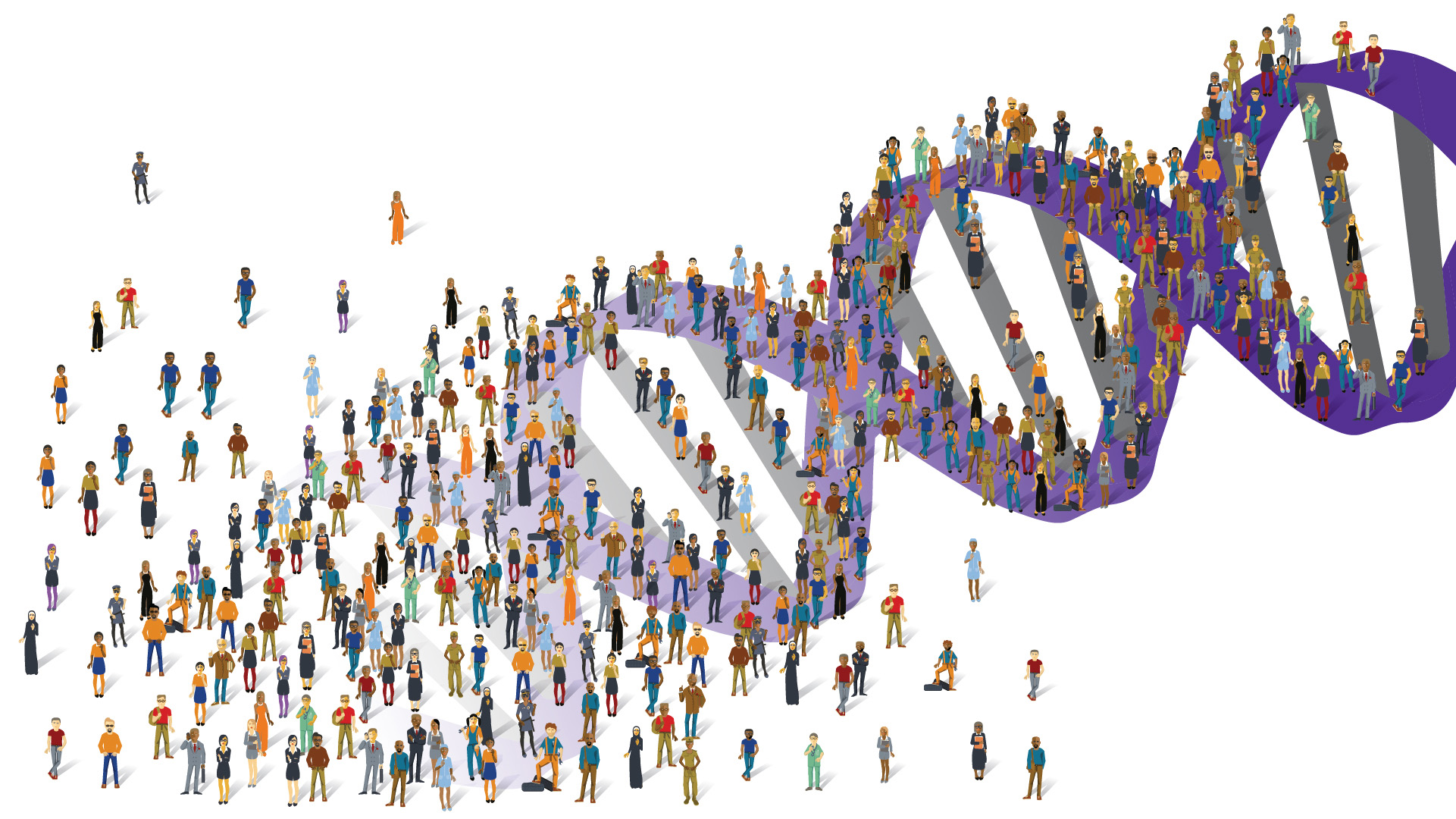Feature
Supporting a Museum-Based Network of Science Teacher Leaders
Connected Science Learning May-June 2022 (Volume 4, Issue 3)
By Sara C. Heredia, Michelle Phillips, and Julie H. Yu
Freebies and Opportunities for Science and STEM Teachers From the Field, June 14, 2022
By Debra Shapiro

Spotlight on Sensemaking
New York City Department of Education Takes a Systems Approach to Science Education With Multilingual Learners
By Greg Borman, Theresa Ocol, and Okhee Lee
Posted on 2022-06-10

Archive: Science Update: Seeing the Unseeable: Imaging Black Holes with the Event Horizon Telescope, August 25, 2022
Black holes are astrophysical objects with such strong gravity that nothing can escape them, not even light. In the past few years, the Event Horizon Telescope Collaboration produced the first images of two supermassive black holes using a network of telescopes around the world. These images allow us to test our theories of gravity and plasma physics in the universe’s most extreme environment. Join us to learn more about these images.
Black holes are astrophysical objects with such strong gravity that nothing can escape them, not even light. In the past few years, the Event Horizon Telescope Collaboration produced the first images of two supermassive black holes using a network of telescopes around the world. These images allow us to test our theories of gravity and plasma physics in the universe’s most extreme environment. Join us to learn more about these images.
Black holes are astrophysical objects with such strong gravity that nothing can escape them, not even light. In the past few years, the Event Horizon Telescope Collaboration produced the first images of two supermassive black holes using a network of telescopes around the world. These images allow us to test our theories of gravity and plasma physics in the universe’s most extreme environment. Join us to learn more about these images.
Black holes are astrophysical objects with such strong gravity that nothing can escape them, not even light. In the past few years, the Event Horizon Telescope Collaboration produced the first images of two supermassive black holes using a network of telescopes around the world. These images allow us to test our theories of gravity and plasma physics in the universe’s most extreme environment. Join us to learn more about these images.
Mayhem in May
Susceptibility, Symptoms, Progression, and Complications of COVID-19
By Jayashree Sarathy, Faith Donner, Tiara Perez Morales, Daniyal Mehmood, Gerda Simkeviciute

Archive: NIH Archive: Genome: Unlocking Life’s Code: Playlist, July 27, 2022
Genome: Unlocking Life’s Code provides free lesson plans and storyline units to help guide high school students as they explore various genetics and genomics concepts. Units will culminate in community-focused projects.
In this session, participants will be introduced to a playlist that addresses the same Disciplinary Core Ideas as the Food Allergy Storyline Unit (LS1.A Structure and Function and LS3.A Inheritance of Traits), but in a shorter three-lesson sequence that does not include a project.
Genome: Unlocking Life’s Code provides free lesson plans and storyline units to help guide high school students as they explore various genetics and genomics concepts. Units will culminate in community-focused projects.
In this session, participants will be introduced to a playlist that addresses the same Disciplinary Core Ideas as the Food Allergy Storyline Unit (LS1.A Structure and Function and LS3.A Inheritance of Traits), but in a shorter three-lesson sequence that does not include a project.
Genome: Unlocking Life’s Code provides free lesson plans and storyline units to help guide high school students as they explore various genetics and genomics concepts. Units will culminate in community-focused projects.
In this session, participants will be introduced to a playlist that addresses the same Disciplinary Core Ideas as the Food Allergy Storyline Unit (LS1.A Structure and Function and LS3.A Inheritance of Traits), but in a shorter three-lesson sequence that does not include a project.
Genome: Unlocking Life’s Code provides free lesson plans and storyline units to help guide high school students as they explore various genetics and genomics concepts. Units will culminate in community-focused projects.
In this session, participants will be introduced to a playlist that addresses the same Disciplinary Core Ideas as the Food Allergy Storyline Unit (LS1.A Structure and Function and LS3.A Inheritance of Traits), but in a shorter three-lesson sequence that does not include a project.
Archive: NIH Archive: Genome: Unlocking Life’s Code, Session 2: Food Allergy Storyline Unit Part 2, July 13, 2022
 Genome: Unlocking Life’s Code provides free lesson plans and storyline units to help guide high school students as they explore various genetics and genomics concepts. Units will culminate in community-focused projects.
Genome: Unlocking Life’s Code provides free lesson plans and storyline units to help guide high school students as they explore various genetics and genomics concepts. Units will culminate in community-focused projects.
 Genome: Unlocking Life’s Code provides free lesson plans and storyline units to help guide high school students as they explore various genetics and genomics concepts. Units will culminate in community-focused projects.
Genome: Unlocking Life’s Code provides free lesson plans and storyline units to help guide high school students as they explore various genetics and genomics concepts. Units will culminate in community-focused projects.
 Genome: Unlocking Life’s Code provides free lesson plans and storyline units to help guide high school students as they explore various genetics and genomics concepts. Units will culminate in community-focused projects.
Genome: Unlocking Life’s Code provides free lesson plans and storyline units to help guide high school students as they explore various genetics and genomics concepts. Units will culminate in community-focused projects.
 Genome: Unlocking Life’s Code provides free lesson plans and storyline units to help guide high school students as they explore various genetics and genomics concepts. Units will culminate in community-focused projects.
Genome: Unlocking Life’s Code provides free lesson plans and storyline units to help guide high school students as they explore various genetics and genomics concepts. Units will culminate in community-focused projects.
Archive: NIH Archive: Genome: Unlocking Life’s Code, Session 1: Food Allergy Storyline Unit Part 1, July 12, 2022
 Genome: Unlocking Life’s Code provides free lesson plans and storyline units to help guide high school students as they explore various genetics and genomics concepts. Units will culminate in community-focused projects.
Genome: Unlocking Life’s Code provides free lesson plans and storyline units to help guide high school students as they explore various genetics and genomics concepts. Units will culminate in community-focused projects.
 Genome: Unlocking Life’s Code provides free lesson plans and storyline units to help guide high school students as they explore various genetics and genomics concepts. Units will culminate in community-focused projects.
Genome: Unlocking Life’s Code provides free lesson plans and storyline units to help guide high school students as they explore various genetics and genomics concepts. Units will culminate in community-focused projects.
 Genome: Unlocking Life’s Code provides free lesson plans and storyline units to help guide high school students as they explore various genetics and genomics concepts. Units will culminate in community-focused projects.
Genome: Unlocking Life’s Code provides free lesson plans and storyline units to help guide high school students as they explore various genetics and genomics concepts. Units will culminate in community-focused projects.
 Genome: Unlocking Life’s Code provides free lesson plans and storyline units to help guide high school students as they explore various genetics and genomics concepts. Units will culminate in community-focused projects.
Genome: Unlocking Life’s Code provides free lesson plans and storyline units to help guide high school students as they explore various genetics and genomics concepts. Units will culminate in community-focused projects.
Freebies for Science and STEM Teachers/From the Field, June 7, 2022
By Debra Shapiro



